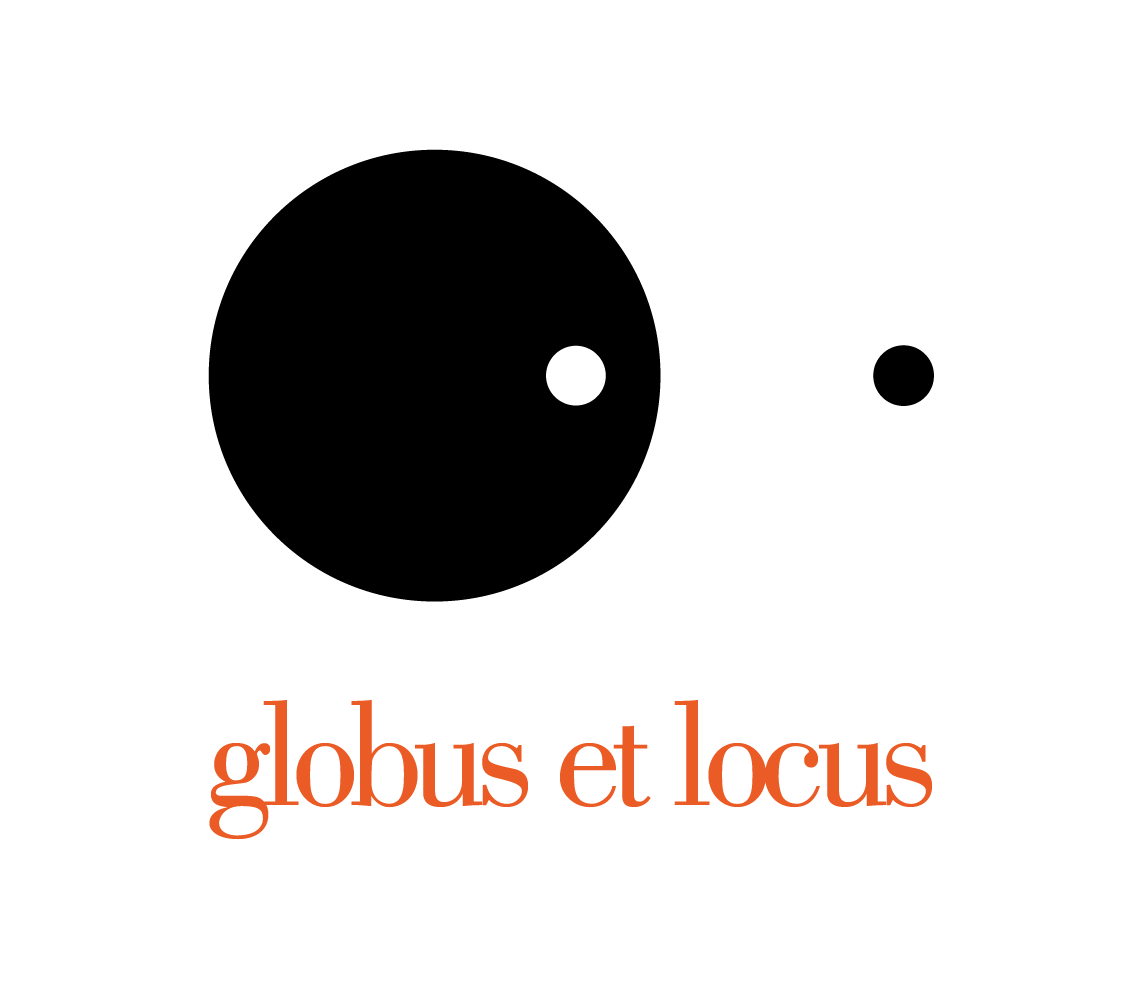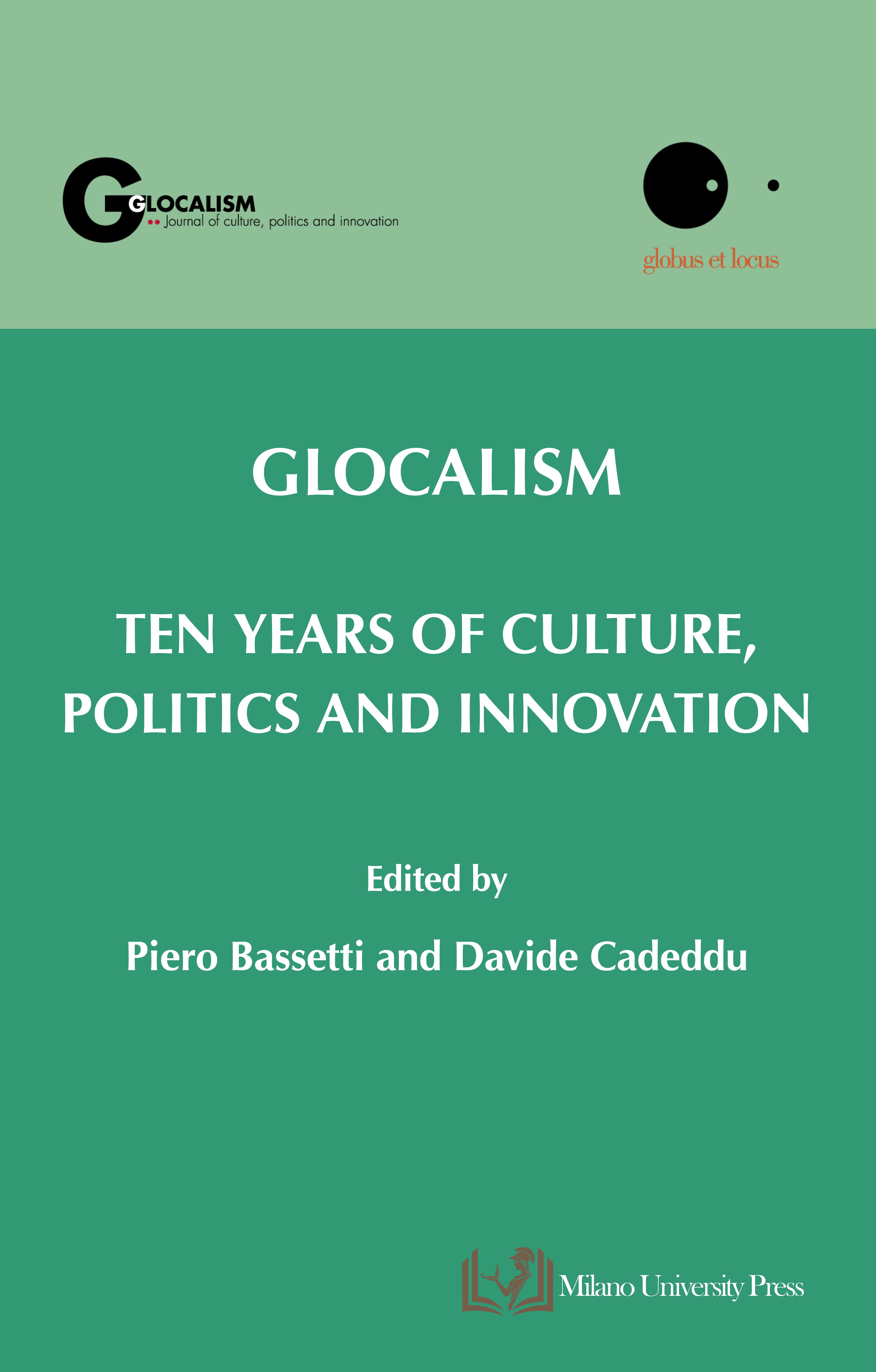Iran and the Dispute Resolution Mechanism: Diplomacy or Revisionism?
DOI:
https://doi.org/10.12893/gjcpi.2020.2.3Keywords:
Dispute Resolution Mechanism, JCPoA, NPT, coercive diplomacy, coercive revisionismAbstract
The assassination of Major General Qasem Soleimani by the US, followed by the downing of the Ukrainian passenger jet by the Iranian forces have raised several questions on the credibility of Iranian claims over its nuclear program once again. Amid the provocation, the declaration of suspension of all limits to uranium enrichment under the 2015 nuclear deal has been the major bargaining point for Iran to retain its position. In response, the E3 (France, Germany and the UK) has triggered the Dispute Resolution Mechanism under paragraph 36 of the 2015 nuclear deal. The mechanism offers a 60-day window to Iran to seek a mutually beneficial resolution aiming to resume its conformation to the deal. Failure to secure the resolution shall resume UNSC sanctions. This article deals with the strategy of coercive diplomacy between the West and Iran through the recent episodes of violent exchanges as well as diplomatic discourses along the lines of their historical relevance. It argues that the West has shifted its focus from clear coercive diplomacy to coercive revisionism, which entails a consistent effort to defy mutuality of the outcome. Perhaps, it seeks an arbitrary outcome in favor of the West. It attempts to address the plausibility of the Dispute Resolution Mechanism.
Downloads

Downloads
Published
How to Cite
Issue
Section
License

This work is licensed under a Creative Commons Attribution-ShareAlike 4.0 International License.











